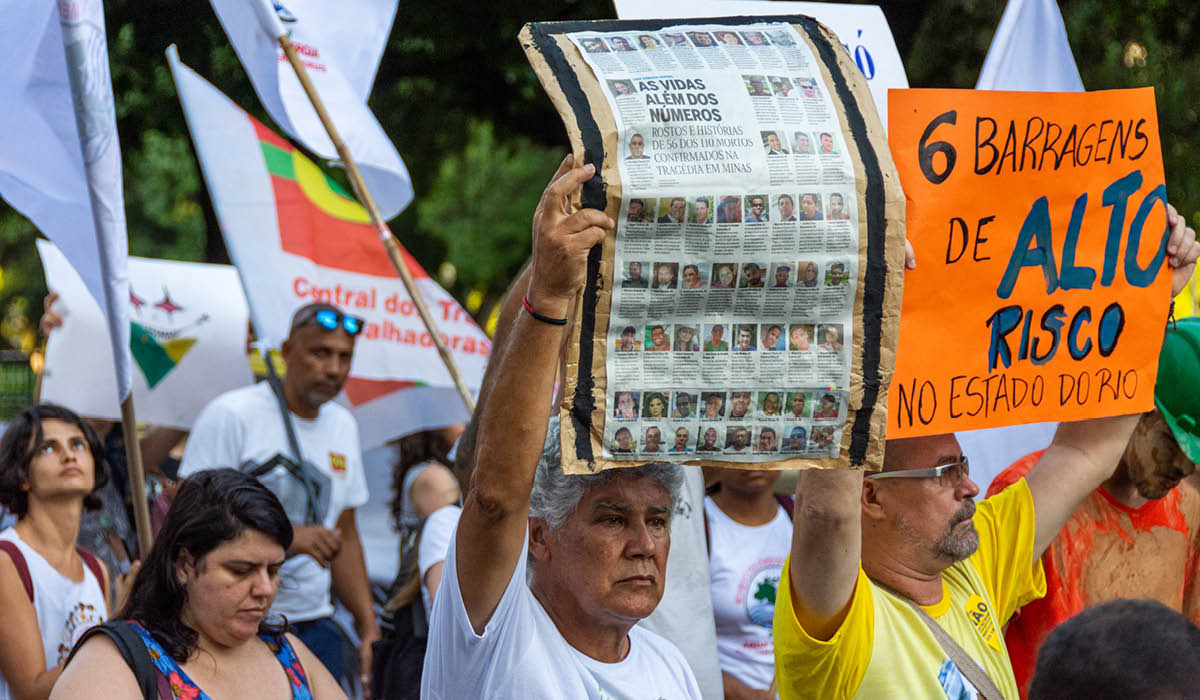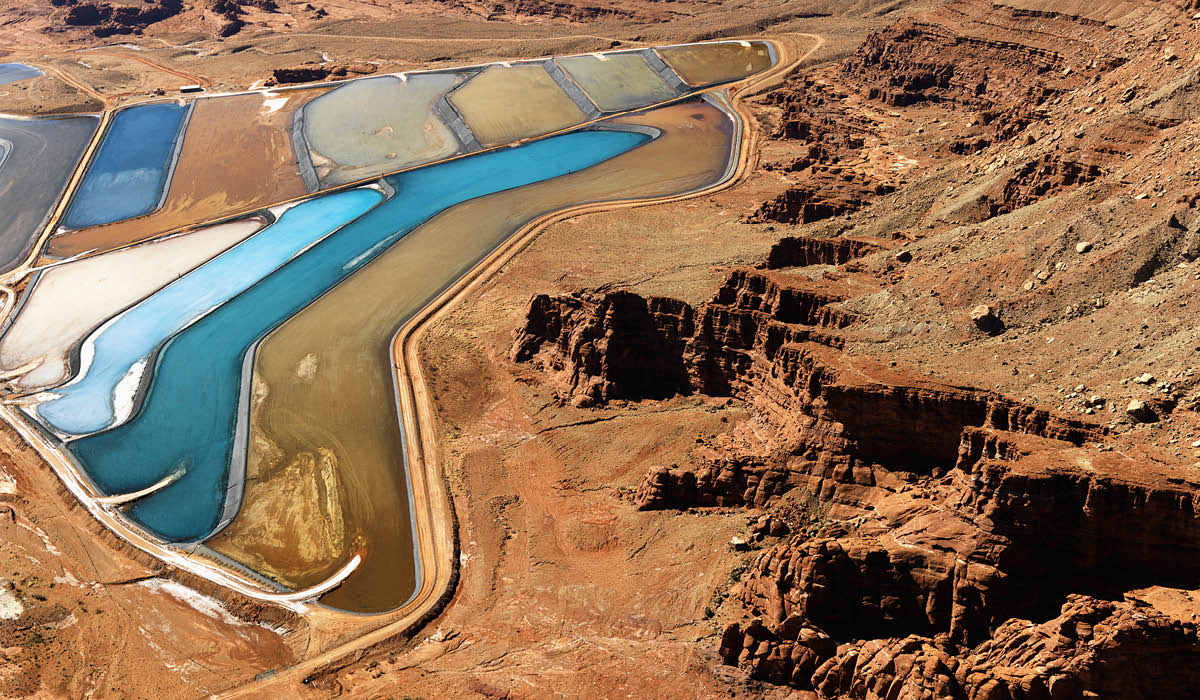The Brazilian mining company Vale has within a short timeframe been involved in two major accidents where tailings dams in Minas Gerais in Brazil has collapsed, with multiple fatalities and extensive environmental devastation. The Council on Ethics, together with other investors, has conducted an extensive dialogue with Vale after the first accident at Mariana in late 2015. The focus has primarily been on ensuring that the company took responsibility for that accident but also that the company carried out a review regarding the safety of its other tailings dams in their operations.
Vale has continuously reported a number of measures taken regarding the management of mining waste and increased safety at their tailings dams, including revised emergency plans and third-party reviews of the dams. However, after the latest accident at Corrego do Feijao in January 2019, the Council’s perception is that Vale has not acted sufficiently on the promised measures after the first accident at Mariana. It would appear that the company did not act sufficiently quickly on reported deficiencies regarding the safety of the tailings dam in Corrego do Feijao. The consequences of the company’s actions have had devastating and tragic consequences, both for the local population, company employees and the environment around Corrego do Feijao.
The Council of the AP Funds therefore recommended in January 2019 AP1, AP2, AP3 and AP4 to exclude Vale S.A because the Council lost confidence in Vale and the company can be linked to violation of;
- The Universal Declaration of Human Rights, article 3; ” Everyone has the right to life, liberty and security of person.”
- ILO convention (No. 155) Occupational Safety and Health Convention, article 4:2: ”by minimizing, so far as is reasonably practicable, the causes of hazards inherent in the working environment.” •
- International Covenant on Civil and Political Rights: “every human being has the inherent right to life”
Background facts
Company: Vale
Region: Brazil
Topic: Human Rights, Environment
Dialogue: In Febuary 2019 the Council recommended the AP Funds to exclude Vale.




